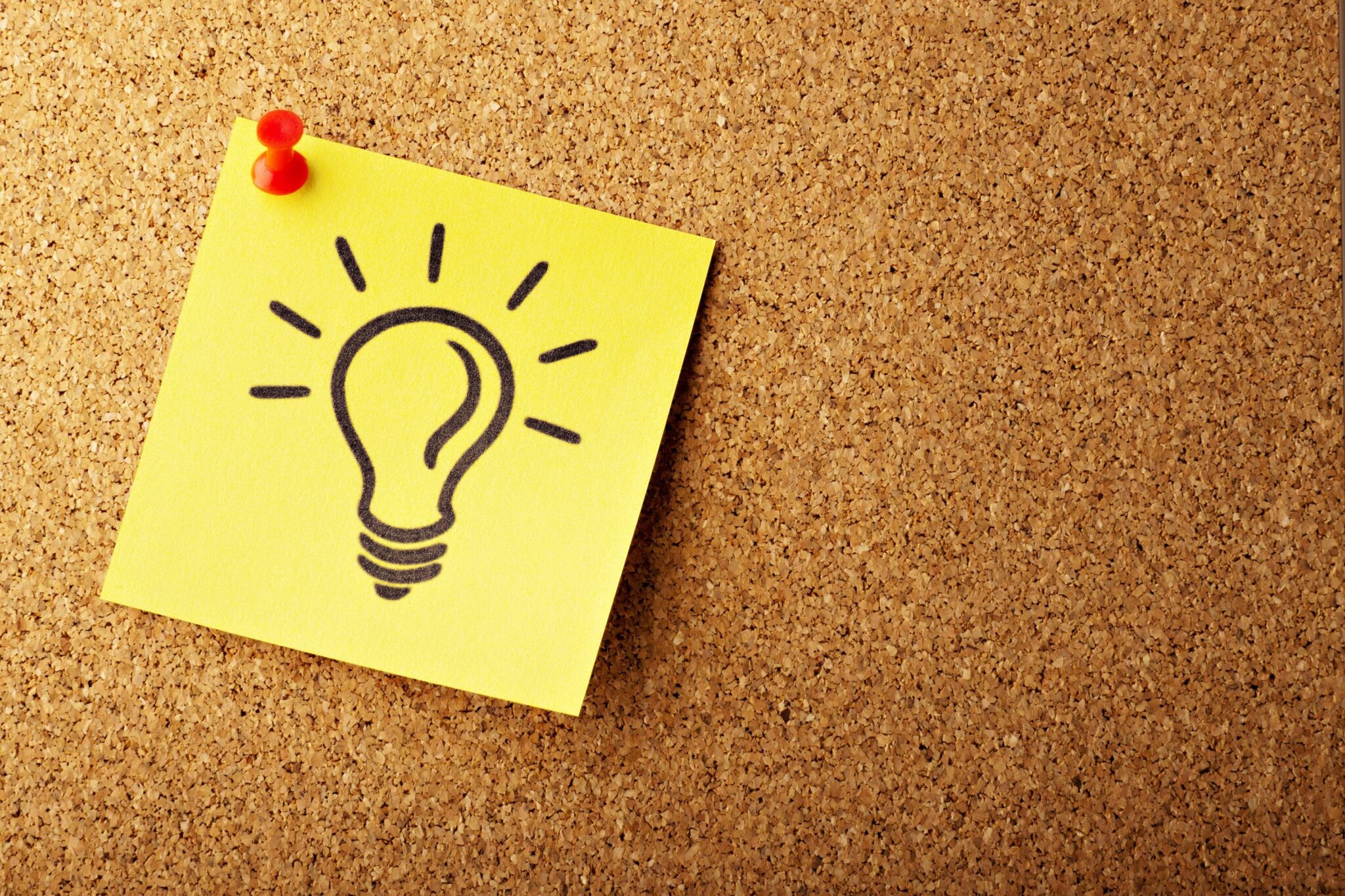
Blog
A good year for experimentation in R&I policy
21 December 2023
Another year is coming to an end, and looking back it has been really rewarding to see how the policy experimentation agenda that IGL has long championed has been gaining traction this past year across the OECD.
- In the European Union, we’ve been working with the European Commission on a project to embed experimentation in future EU framework programmes (the EU’s flagship research and innovation funding programme) and also on some new policy experiments under the current programme. Several innovation agencies across the EU have also continued their journey towards becoming more experimental organisations, including among others our IGL Partners FFG (the Austrian Research Promotion Agency) and RVO (the Netherlands Enterprise Agency).
- In the UK, the Department of Science, Innovation and Technology (DSIT), an IGL Partner, has announced a new experimental Metascience Unit jointly with UKRI to conduct experiments on research and innovation funding.
- In the US, following the approval of the CHIPS Act, the National Science Foundation (NSF) has announced that they are aiming to set up experiments with NSF’s traditional processes for receiving, reviewing, and funding research and innovation.
- In Canada, Innovation, Science and Economic Development (ISED), an IGL Partner, announced that Canada’s new innovation agency (the Canada Innovation Corporation) will incorporate programme experimentation as a core principle in their operations.
When we launched IGL (almost) 10 years ago with the aim of making innovation and growth policy more experimental across the OECD, few policymakers in these policy areas had ever considered setting up policy experiments. When we prompted them to do so, most thought policy experimentation was unnecessary, undesirable and unfeasible.
The successes we’ve seen this past year are the result of a collective effort over many years, involving many organisations, researchers and, crucially, policymakers willing to challenge the status quo. Without these policymakers, and their commitment to make their governmental organisations more agile, experimental, and evidence driven, we would not be where we are.
Supporting these changemakers – giving them the tools, capabilities, advice and networks to overcome institutional inertia and start transforming, step by step, their organisations – has been a key focus of IGL’s work since the beginning, and will continue to be in the future. The job is far from done, so watch this space as next year we have some new programmes in the pipeline to support policy innovators and changemakers in government.
2023 has been a year of change for IGL, as we’ve continued to advance in the implementation of our new strategy, broadening the range of methods that we use and deepening our work in key policy challenges. For instance, we’ve set up our new data science team, building on Nesta’s strong track record in innovation mapping, and worked on exciting data science projects with the UK’s Advanced Research & Invention Agency (ARIA) and the European Innovation Council, among others.
We are also developing our thematic programmes to address key policy challenges, including on:
- Science and innovation funding, building among others on the Experimental Research Funder’s Handbook that we wrote with our friends at the Research on Research Institute (RoRI).
- Science commercialisation and business-university collaboration, working with the CERN-led ATTRACT consortium and launching our new University-Industry Impact Accelerator.
- Inclusive innovation, working with Innovate UK, an IGL Partner, to embed dynamic learning in their mission to make the UK’s innovation system more inclusive, and developing a new initiative on recovering lost innovative potential.
- SME technology adoption, wrapping up our work on the Business Basics experimentation fund that the UK government launched in partnership with IGL, and exploring how to support SMEs’ transition towards net zero.
- Future innovation agencies, building on our collaborations with the European and Latin American networks of innovation agencies (Taftie and ReLAI) to help these organisations understand their current and future roles in driving effective innovation ecosystems.
We’ve also been busy working on some exciting forthcoming developments and partnerships which we are looking forward to announcing in 2024, when we will be turning 10 years old.
We couldn’t fit everything here, so we’ve compiled a blog highlighting our main areas of focus in 2023. Check it out to see what we’ve been working on.
At IGL we always work in partnership, with governments, researchers, international organisations and philanthropic foundations. And this year has been no different.
We are really thankful to all the IGL government partners and our funders for their commitment to advance this shared agenda with us. And we are delighted to have collaborated with many other individuals and organisations, such as the European Commission, Taftie, the OECD, the IDB, the World Bank, UN agencies, and the Global Entrepreneurship Network (GEN) among many others.
We look forward to continuing these collaborations and developing new ones, so reach out if you are interested to explore.
In the meantime, best wishes for 2024!
Albert Bravo-Biosca
Director, Innovation Growth Lab
